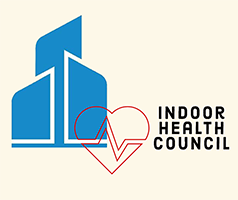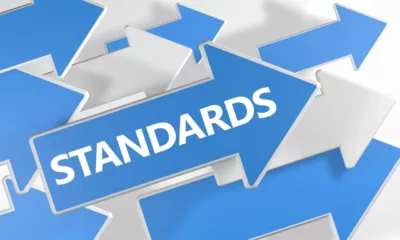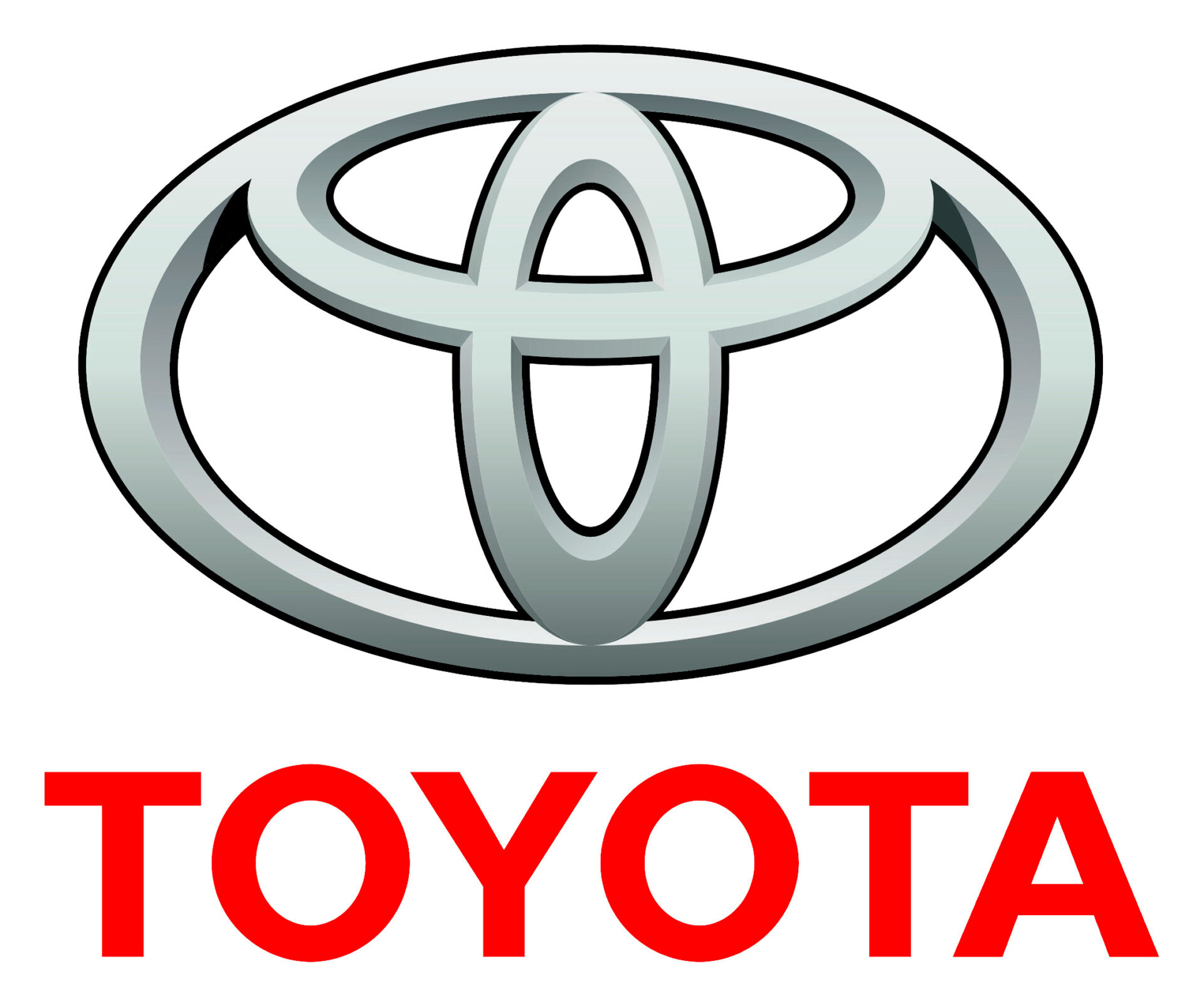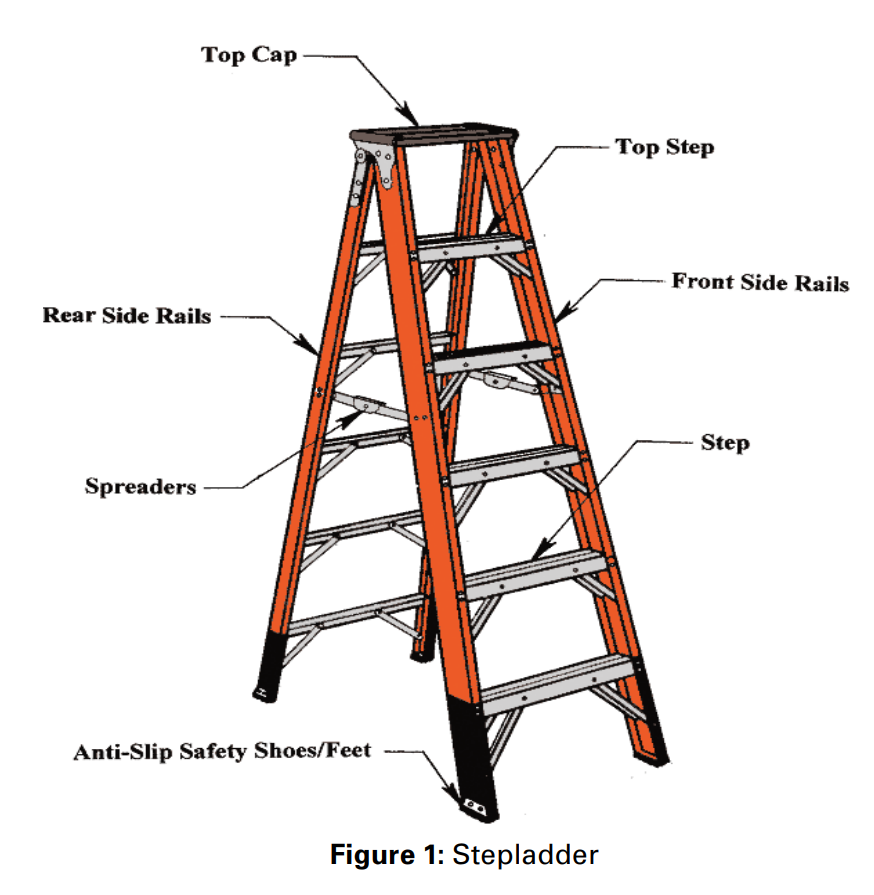Cleaning Standards: The Problem and Solution
By Allen Rathey
There has been much talk about establishing definitive standards within the cleaning industry, but efforts have met with mixed success.
Why? I believe the reason is basic.
A cleaning standard must be defined by a cleaning purpose. If to “clean to protect or enhance health” is the purpose, the standard will be quite different than to “clean for appearance”.
If to “clean” within budget or to save time is the purpose, the standard will be defined in less ennobling ways.
Bottom Line: The cleaning industry — in its current state of thinking — cannot create one unified standard (though it can create “specs” based on particular customer requirements) because the thinking about cleaning is not unified.
Domestic example: If a mother cleans because she doesn’t want her family to become ill, or to optimize the indoor environment because she loves her family, that’s a different motive and process than to clean because company is coming or because she wants to save time or money.
Simply stated, since cleaning is currently performed for different purposes, cleaning will consistently be measured by a variety of different standards.
In addition, as long as the customers of the cleaning industry think of cleaning in a variety of ways — many of them far less than optimal — the cleaning industry (a for-profit enterprise) will respond with a hodgepodge of “standards” that reflect a variety of different customer demands (or purposes).
Thus, it is far more important to change the way people think about cleaning — starting first with the people within the industry and then embracing people (customers) outside the industry.
Since safety and the protection of human health are major standards drivers in other successful fields (from electricians to engineers) one of the industry’s major initiatives should be to promote cleaning as an indoor environmental discipline (science) in the public interest. Once accomplished, a standard then becomes viable. Until that happens, no standard is possible.
Moreover, I simply believe that to “clean to protect or enhance health” is the best foundation for the industry to build a lucrative and dignified future upon (with appearance, surface preservation, etc. as pillars of the structure).
Before such a dominant “health philosophy” — that produces corresponding specs, standards, etc. — can prevail, we must work at changing thinking.
We are all in the PR and marketing business, you could say …
More Dignity Please
Having cleaned for a living for many years (before becoming an “armchair expert”), and witnessing the low self-esteem and lack of dignity afforded the cleaning worker in many instances, I have a personal axe to grind.
Our industry lacks heart and a dignified reason for existence — a motivating core belief, if you will. By stark contrast, the medical profession has a credo known as the Hippocratic oath (“Do no harm”). It is what inspires many young men and women to become doctors and nurses.
The ultimate standard of care is to “do no harm” and to promote healing and health. That philosophical basis is what motivates many healthcare professionals to work long hours (not to mention the need to pay off medical school bills and afford high liability insurance premiums).
Still, medicine is a business. It must deal with many business realities, and for this reason care is not always optimal, and other standards (specs?) must be adopted to achievable a practical standard that is also affordable.
Still, medicine — at its core — has its dignity.
The cleaning industry is not so fortunate. It is a much-maligned field with a low place on the proverbial totem pole.
What the cleaning industry needs first and foremost — at its core — is an ultimate “standard of care”, a reason for being, the equivalent of “do no harm”, a philosophical foundation.
Just as it is very important to know why a doctor decided to practice medicine, it is also important that we know why we clean.
I believe that to “clean to protect or enhance health” is such a core philosophy upon which an industry can redefine itself.
All the other standardization aspects will follow when the industry finds dignity and deep purpose — dare we say inspiration? — in its core beliefs.
We welcome input on this post.






